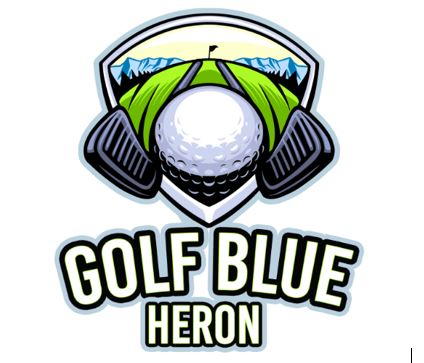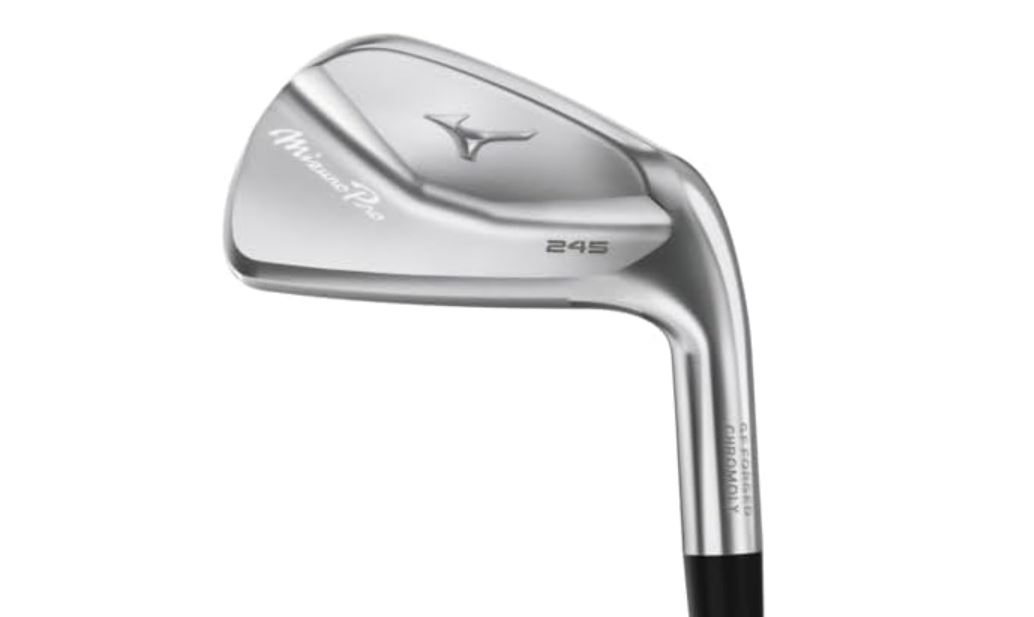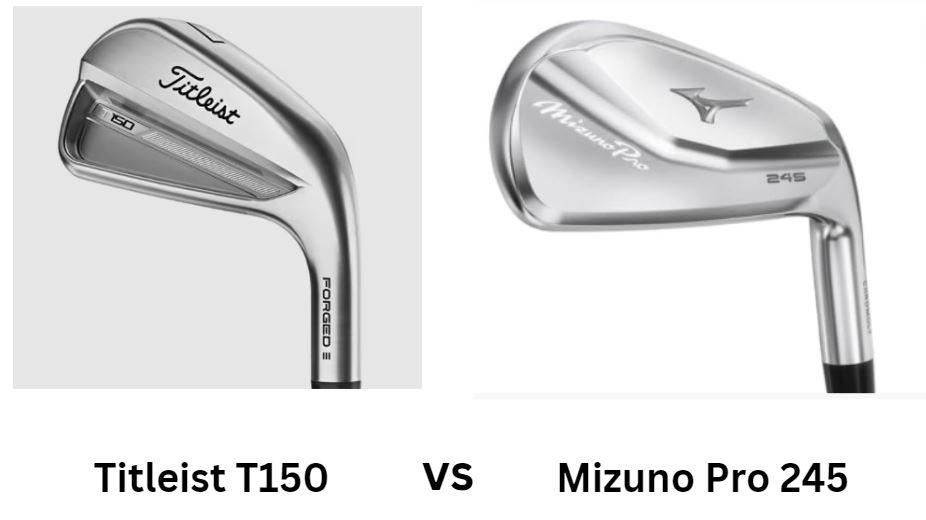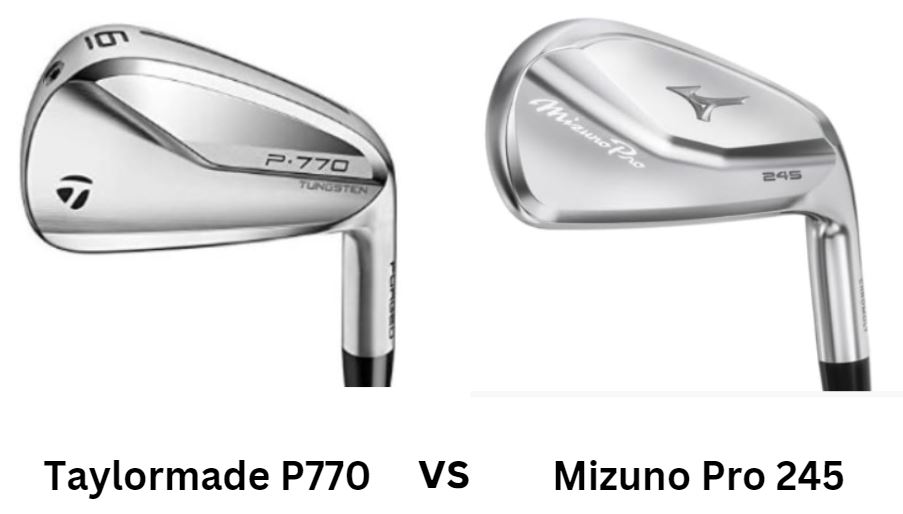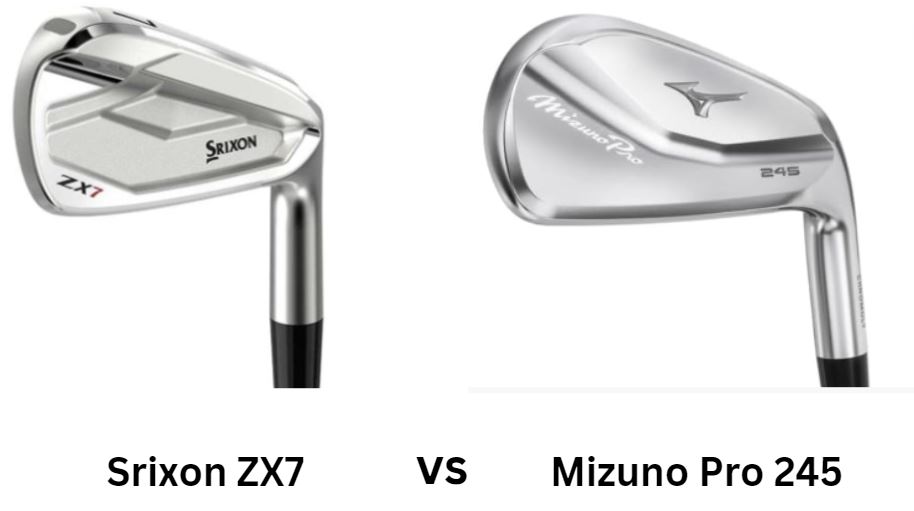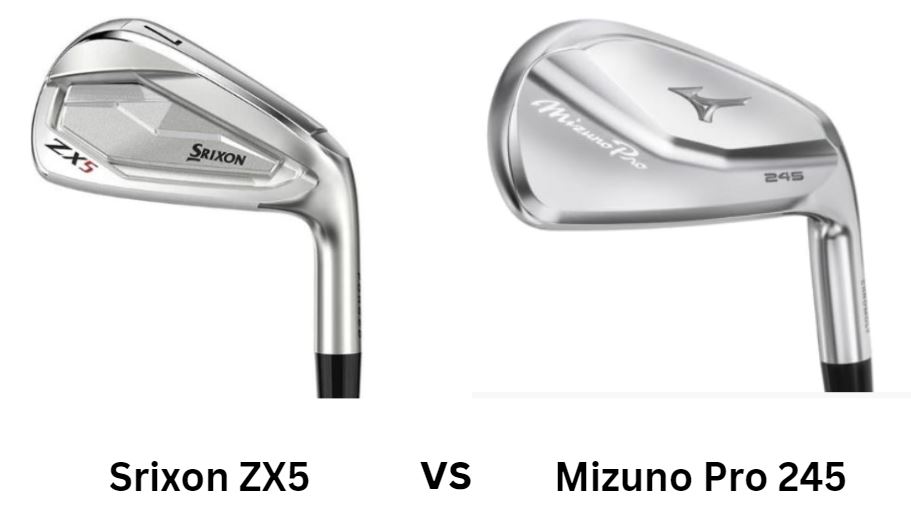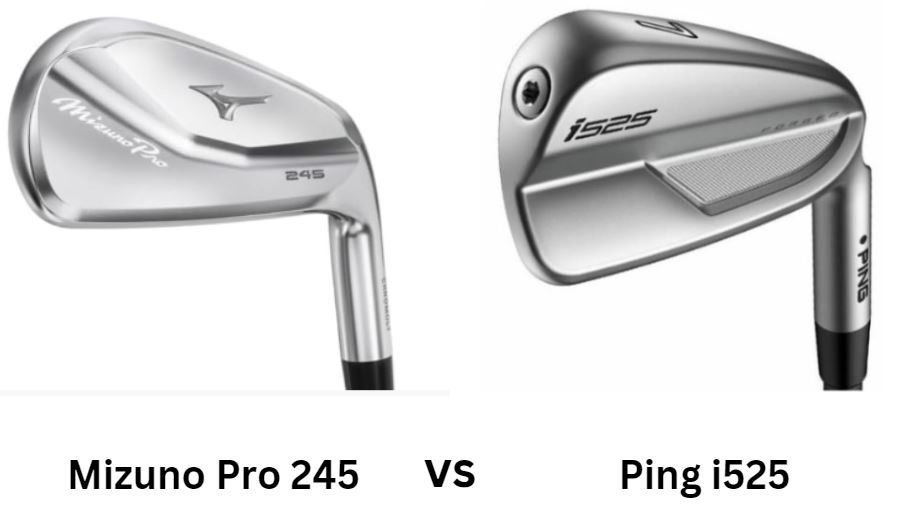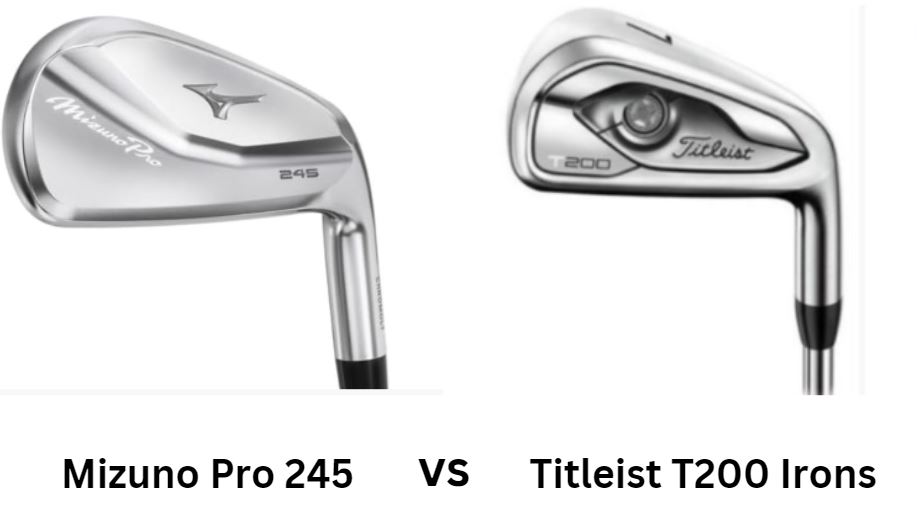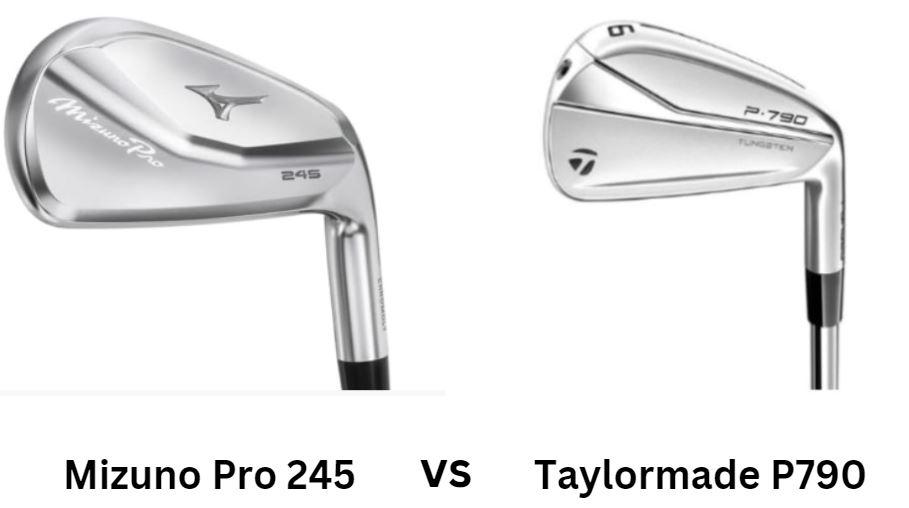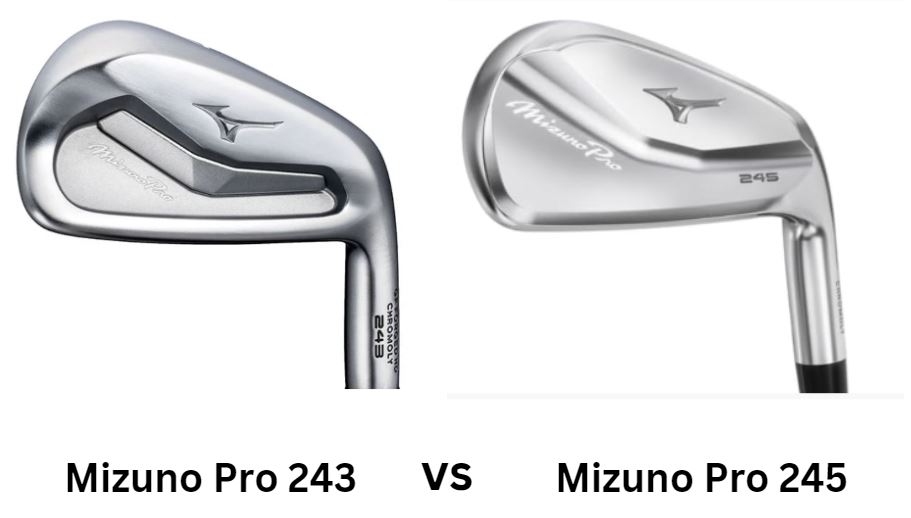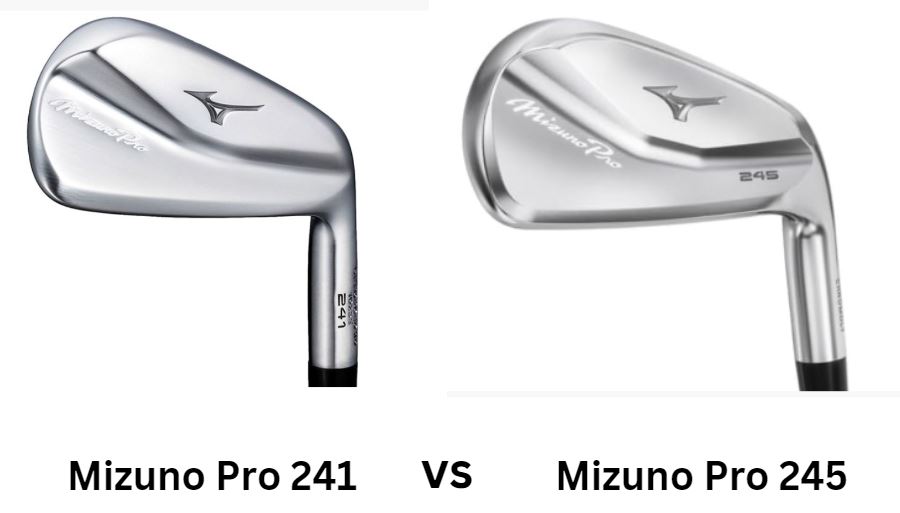Mizuno Pro 225 Vs Mizuno Pro 245 Irons
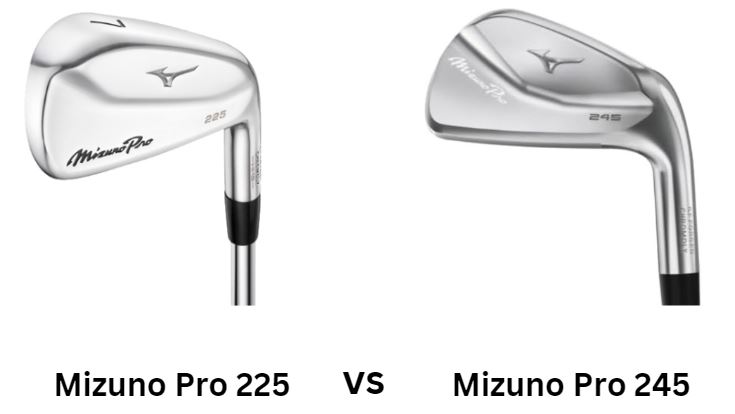
The Mizuno Pro 245s are the successor to the popular Pro 225 irons.
So are they really better? Let’s find out.
Mizuno Pro 225 Irons Overview
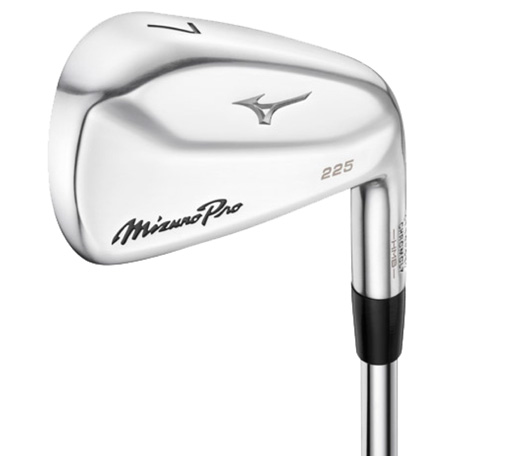
“The 225’s feature a soft copper underlay, are grain flow forged and have CORTECH mult-thickness faces.”
Compared to the 245’s the Pro 225 irons have less of a blade-like look. The soles are slightly thicker and the shape is more rounded.
Still, the 225’s are surprisingly forgiving thanks to the variable face thickness.
However, turf interaction was a bit lacking and I was leaving behind chunky divots. The Mizuno Pro 225’s range from $1100-$1500.
Mizuno Pro 245 Irons Overview
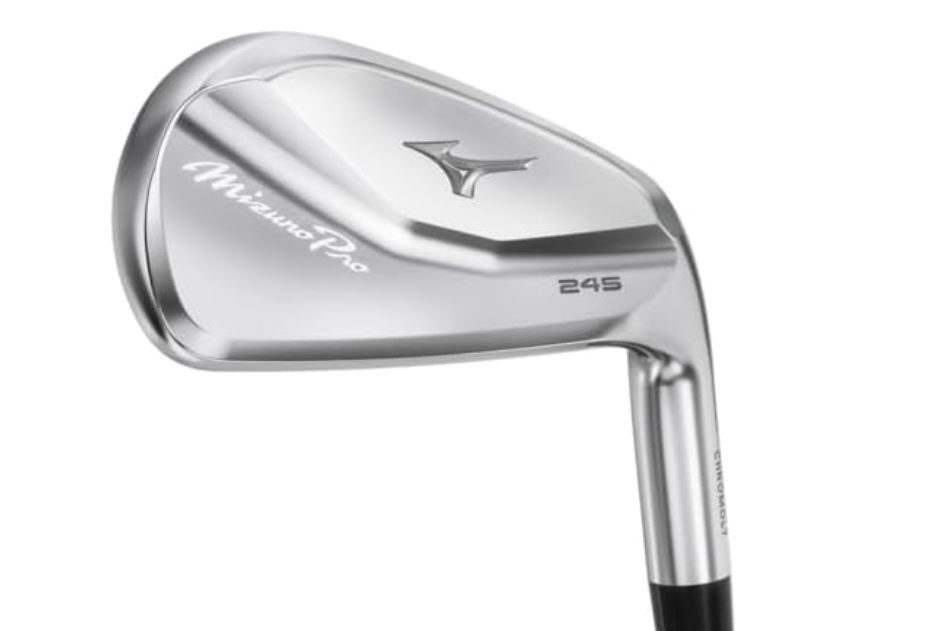
“The 245s have suspended tungsten weighting, variable face thickness and chromoly face (irons 2-8).”
The Mizuno Pro 245s have a sleeker look while maintaining rounded edges. They are hollow-body irons so they yielded better distance than the 225’s.
They also have higher bounce soles which really help out when you bottom-out too early on your swing. The Mizuno Pro 245’s cost $1400.
“The Mizuno Pro 245’s represent clearly improved performance and feel compared to the Mizuno Pro 225s.
The turf interaction, distance and even appearance are all better.”
Mizuno Pro 225 Irons – First Impressions
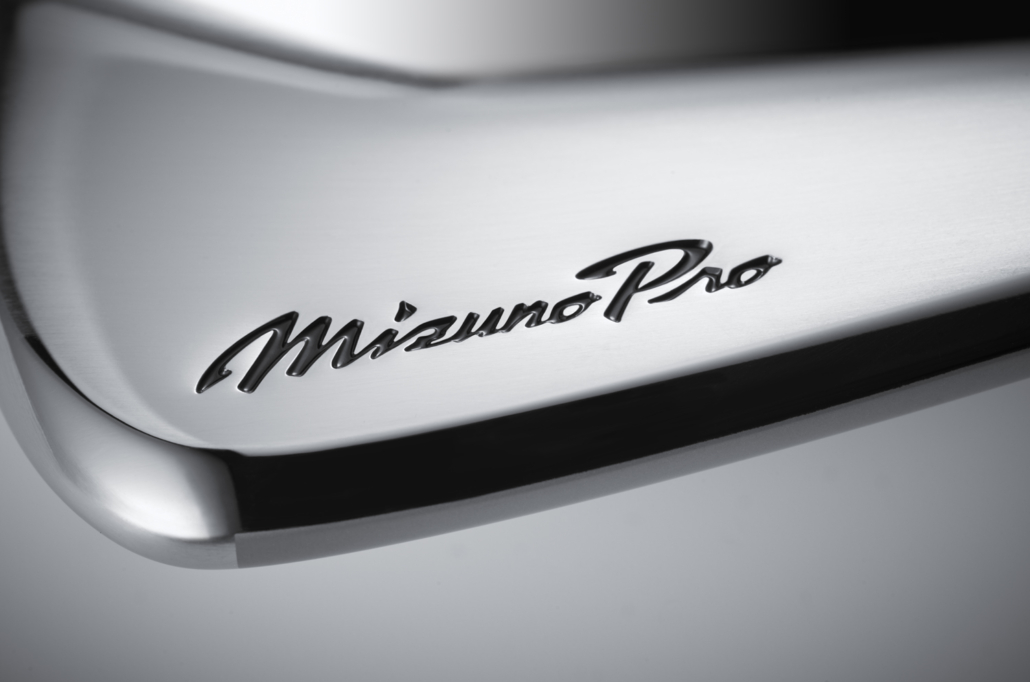
With all the hype about these irons, let’s chat about the technology Mizuno have pumped into them.
Like the rest of the Pro range, the Mizuno Pro 225 irons are Grain Flow forged, the face and neck are forged, what is unique about Mizuno is all of their clubs are made in the factory in Hiroshima – Japan, since 1968.
Since 2018 Mizuno have introduced a microlayer of copper underneath Nickel Chrome, this gives you the purest, softest feel we have all come to know and love from Mizuno.
This iron actually has a combination of two forging techniques, the 2-8 iron uses the Grain Flow Forged 4135 Chromoly Face & Neck technique, it also has a COR Forged Hollow Body 28.5g Tungsten weight this gives the iron its unique look as well as producing a higher launch, more consistent flight and incredible ball speed.
The 9-PW has a 1025E pure select mild carbon steel structure, this enhances precision and a more penetrating flight, this helps with the scoring irons, allowing you to attack even the tightest of flags.
Now after all this we were extremely excited to get these onto the range, and let’s be honest there it was love at first sight.
When we put the club down behind the ball we expected a tiny looking head, but we were wrong. Not overly big, but perfect. It was the right amount of thickness to give you confidence.
When we started hitting balls we could instantly see some increase in ball speed, as well as forgiveness. These were for sure not a blade.
We were surprised how workable these are, usually when a club is as forgiving as this, you lose workability, but we were able to hit fades and draws, as well as high and low on demand.
Another issue with the hollow body construction club is you get what they call a ‘hot shot’, this is when the ball flies 10/15 yards further when struck well, now this may sound great, but if you fly the ball into a bunker unexpectedly, then it is not at all. We did not get any of these so called ‘hot shots’, a few flew around 5 yards further, but that can be expected with any iron.
This Mizuno Pro 225 is high launching and forgiving while looking exactly like a blade at address and in your bag.
Mizuno Pro 245 Irons – First Impressions
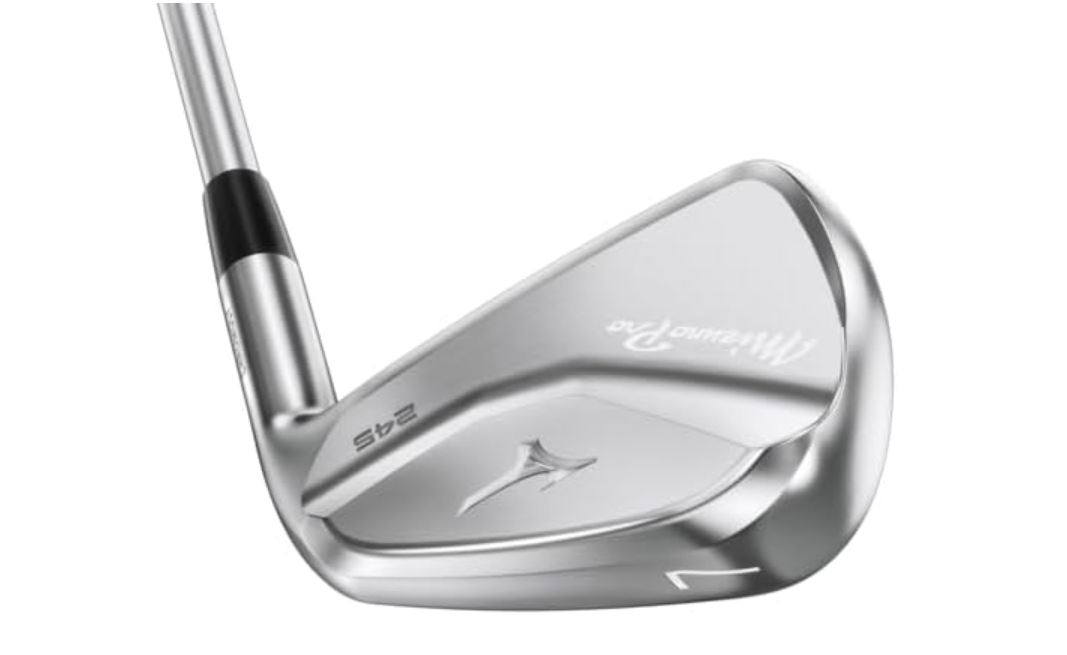
“My first impression of the Mizuno Pro 245 irons was that they looked shockingly similar to the Mizuno Pro 225’s.”
In fact, I set both of them down beside each other and could barely tell the difference.
The scoring lines and hitting in the Mizuno Pro 245 irons are a little lighter in color than the 225’s; but other than that, the 245’s are as compact as the 225’s.
The good news about all that is that the Mizuno Pro 245 irons truly do look like blades even though they technically aren’t blades.
So you get that clean, blade-like look at address with the bonus of a true distance boost.
Irons 2-7 in this set have a suspended tungsten weight which allows for a lower CG without inhibiting face flex.
As a result I was getting great ball speed – 117.4 MPH with the 7-iron on average.
But in the scoring irons, you have a 1025E semi-hollow body with a 17-4 stainless steel back piece to help control the flight a bit more and get the CG a bit higher.
This provides a more solid feel, better feedback and better overall control over spin and launch.
The Mizuno Pro 245 irons also produced near-immediate distance for me. Within the first three swings I was averaging a carry distance of 170.5 yards with the 7-iron.
But what surprised me even more than the distance were the spin rates.
As a player’s distance iron, I was expecting some low spin numbers. But my average spin rate with the Mizuno Pro 245 7-iron was 5200 RPMs.
And keep in mind that these are relatively strong-lofted irons – the 7-iron checks in at 30°.
Mizuno Pro 225 Irons Selling Points
- Multi forged construction, giving you precise performance in every iron
- Microlayer of copper enhances feel and sound
- Blade like look, but with game improvement performance
- 9-PW are more compact allowing you to be more precise
- Looks and feels like your traditional Mizuno iron
Mizuno Pro 245 Irons Selling Points
- Long irons are forged from chromoly
- Scoring irons are forged from 1025E carbon steel
- Hollow body design
- Suspended tungsten weighting in the long irons
- Increased bounce angle for better turf interaction
- 17-4 stainless steel back piece in the scoring irons
- 431 stainless steel back piece in the long irons
- Blade-like appearance
Who Are the Mizuno 225 Irons For?
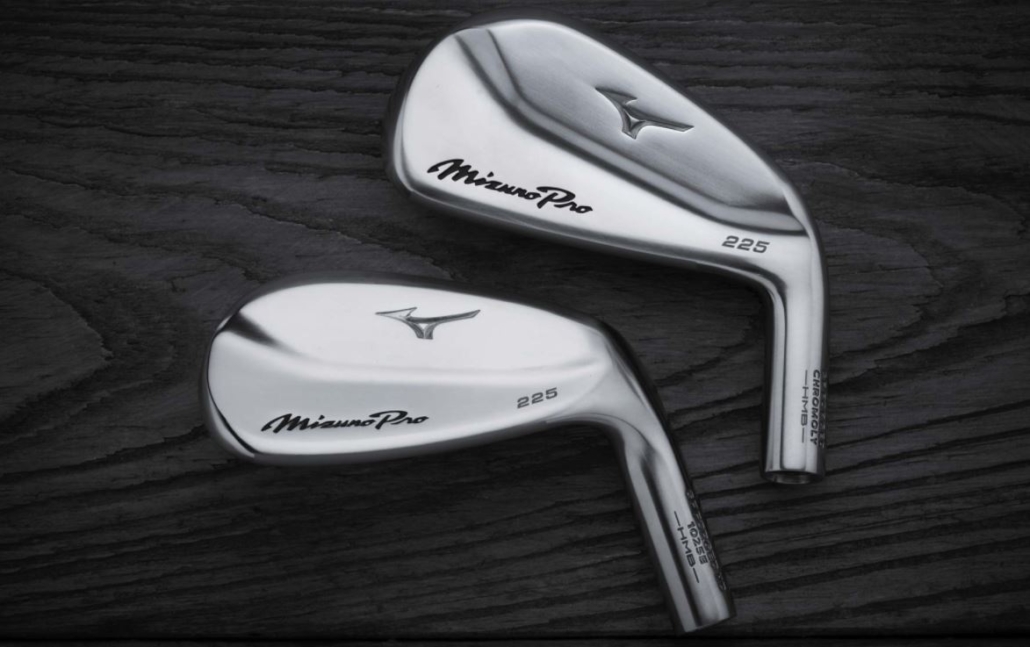
They are aimed at your mid to low handicap player, however it is such a versatile iron, as it has premium looks, workability and forgiveness. We can see a beginner with some talent or a low handicap player looking for some distance play this iron too.
For those low handicap players that want a little more workability in their lower irons, and forgiveness in their longer irons, going with a combo set could really be a great option. We suggest getting fitted by your local pro or nearest Mizuno qualified fitter, to see what works best for you.
The Mizuno Pro Family of Irons
Mizuno has two other models in the Pro range, the 221 and 223. The 221 is your complete blade irons, while the 223 falls somewhere in between them.
The Mizuno Pro 223 is an unbelievable iron, it is a compact players’ iron, while still boasting some speed enhancing technologies. They have introduced a brand new technology system from 4-7 iron, it uses Mizuno’s tested Chromoly Forging and Flow Micro-Slot Grain Flow Forged with a soft copper underlay, the Pro 223 iron has an unbelievable feel and sound, and is very forgiving.
The Mizuno Pro 221 is designed on years and years of incredible Mizuno blade irons, through the years they have made the irons more playable by small improvements in shape and weight placement. It has a shorter blade profile and smaller top line. This year the Pro 221 has tighter scoring lies than the previous years, giving it more control. Like the other models in the range it is Grain Flow Forged, with a soft copper underlay, giving the Pro 221 your traditional Mizuno sound and feel.
Distance: 95/100
Accuracy: 92/100
Forgiveness: 95/100
Feel & Control: 89/100

